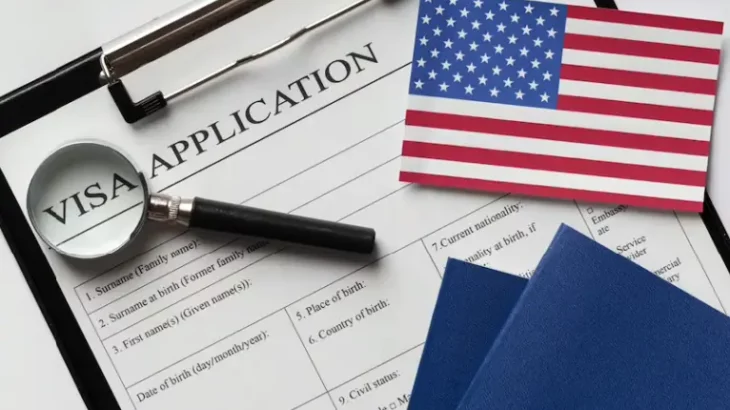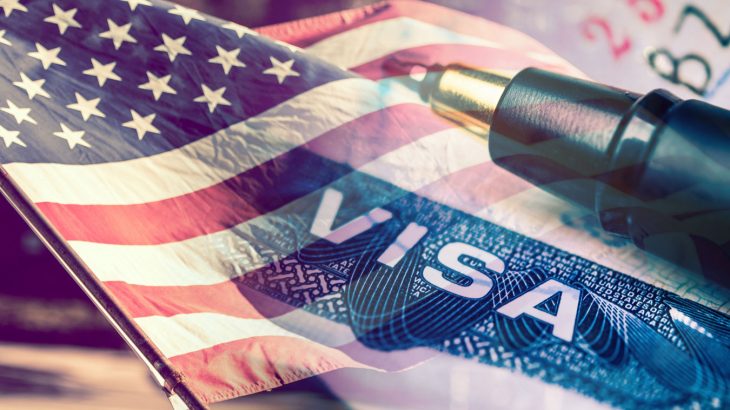In June 2023, the U.S. Citizenship and Immigration Services (USCIS) released an updated guidance on the employment authorization document (EAD) based on compelling circumstances for beneficiaries of an approved I-140 petition. The guidance clarifies the eligibility criteria for a compelling circumstances EAD.
A compelling circumstances EAD is a stopgap measure for non-immigrant visa holders, in the process of applying for their green cards, who have been lawfully residing in the US and are faced with unforeseen or sudden circumstances that would cause them to immediately depart the United States. The compelling circumstances EAD provision which came into effect in January 2017, provides a temporary benefit for eligible foreign nationals and their family members to continue to reside and work in the United States without interruption and accruing unlawful presence.
For an applicant to be eligible for an initial EAD based on compelling circumstances, they must meet the following eligibility requirements:
- The principal applicant must be the beneficiary of an approved Form I-140 in either EB-1, EB -2 or EB-3 category;
- The principal applicant must be in a valid non-immigrant status (E-3, H-1B, H-1B1, O-1, or L-1) or authorized grace period
- The principal applicant must not have filed a I-485 adjustment of status application;
- The applicant and their dependents have not been convicted of a felony or two or more misdemeanors ; and
- An immigrant visa is not available to the principal applicant based on the applicant’s priority date according to the relevant Final Action Date in the U.S. Department of State’s Visa Bulletin in effect when they file Form I-765; and
Examples of Compelling Circumstances
The regulations do not define “compelling circumstances”, but in general, are situations outside one’s control that adversely affect their ability to continue working for their employer. USCIS exercises discretion on a case-by-case basis in assessing. Below are non -exhaustive examples that could justify the existence of compelling circumstances.
Serious Illness and Disability
A principal applicant or their dependent faces a serious illness or disability that substantially changes employment circumstances, such as requiring them to move to a different geographic area for their or a dependent’s treatment, or the illness or disability otherwise reduces or adversely affects the principal applicant’s ability to continue their previously approved employment.
Employer Dispute or Retaliation
A principal applicant is involved in a dispute regarding their employer’s alleged illegal or other forms of abusive conduct, which may take the form of a whistleblower action, litigation, or other documented dispute.
Other Substantial Harm to the Applicant
The principal applicant is unable to timely extend or otherwise maintain status, or obtain another nonimmigrant status, and would suffer substantial harm as a result. This harm may be financial or may be due to an inability to return to their home country due to conditions there.
Financial hardship to the principal applicant may rise to the level of compelling circumstances when coupled with circumstances beyond those typically associated with job loss, for example, loss of health insurance.
Significant Disruption to the Employer
If the applicant is unable to continue working due to failure of filing a timely extension of change of status, and as a result, the employer will suffer significant disruption of business or that the loss of the employee will negatively impact project and cause significant monetary loss, such situation could establish compelling circumstances.
USCIS generally does not consider unemployment or job loss, in and of itself, to be a compelling circumstance unless the principal applicant can show additional circumstances that compound the hardship ordinarily associated with job loss.
Impact on Non-Immigrant Status
While a discretionary relief, the compelling circumstances EAD is an alternative that allows one to continue to stay and work in the United States in an authorized period of stay. Note that this is not a substitute for a “non-immigrant” status. An applicant would not accrue unlawful presence during the EAD’s validity or during the pendency of a timely filed non-frivolous EAD application. Spouses and children of the principal EAD applicant may also receive EADs provided that they individually meet the compelling circumstances and filing requirements.
Resource: Chapter 3 – Certain Employment-Based Immigrants in Compelling Circumstances | USCIS
This article has been written by Zeenat Phophalia, Esq. Of Counsel, Davies & Associates, India Office.
Zeenat Phophalia is qualified to practice law in New York, United Kingdom and India. She practices in the area of U.S. immigration law with a focus on business immigration, and has represented corporate clients including large and medium sized companies and startups across sectors such as IT, consulting, consumer goods, manufacturing and telecommunications.
Looking for an US immigration lawyer? Request free consultation at Davies & Associates or find our closest location around the world.






























